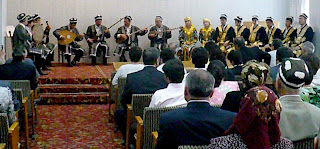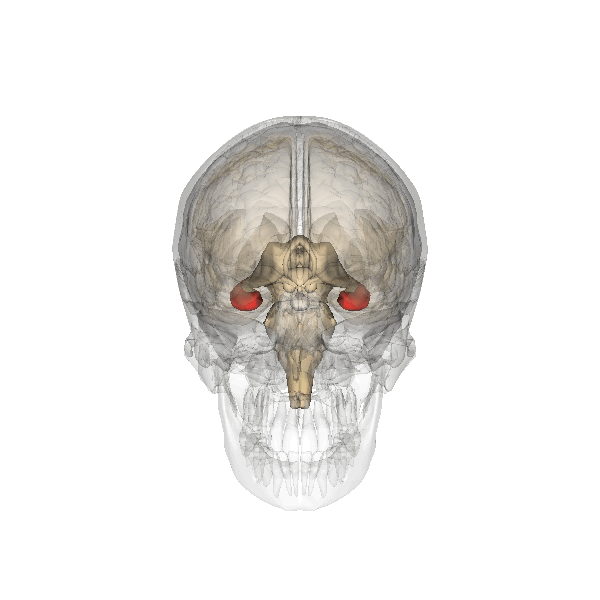East Africa is among the most dynamic regions of the world today, with many enduring opportunities for economic and educational development. I have long been interested in this region, and have lectured for University of Dar es Salaam (Tanzania) and University of Addis Ababa (Ethiopia), and mentored a doctoral student from Bagamoyo when I worked in Finland. More recently, Uganda has really captured my attention, especially through participation in several planning meetings with professors and lecturers from University of Bergen, Makerere University and Kyambogo University to develop a proposal for long-term collaboration between Norway and Uganda.
It is now a great pleasure to announce that we have been awarded a large grant from the Norhed program of Norad (Norwegian Ministry of Foreign Affairs). It is to support the 6-year CABUTE project, which will develop the first PhD programs in music, education, and related fields to strengthen teacher training and higher education in Uganda.
Steinar Sætre, a
member of GAME research
group, is the project manager, and I will have the main responsibility for PhD program
development in music. Through the TeLEd research
group and the CABUTE project, we
will collaborate with Robert Gray (educational technology/higher education
specialist, also at University of Bergen) and a team of professors and local
experts based in Uganda. With Norad’s generous financial support we will be
able to focus much of our attention on this project for a 6-year period (2021-2027).
It is an amazing opportunity, and I look forward to seeing the outcomes of this
promising collaboration.
Please note that the main project leaders in Norway will also be collaboratively teaching the online PhD course Internationalizing Higher Education for the 2021 Bergen Summer Research School, which is now open to applications from PhD students who can earn credits by taking this course from anywhere in the world.
We also eagerly await the results of proposals for collaborative research and development projects with institutions and organizations in Europe (Erasmus Plus) and East Asia (Utforsk). Hopefully there will be more good news in early 2021 and opportunities to gain additional institutional support for these initiatives, including PhD stipendiats and Postdoctoral students.
More
information: https://www.uib.no/en/sdgbergen/141540/uib-sweeps-norhed-ii-funding#cabute
[Displayed here are
the official Coat of Arms of Uganda, and the file Languages of Uganda, public
domain, available here: https://en.wikipedia.org/wiki/Uganda#/media/File:Coat_of_arms_of_Uganda.svg;
https://commons.wikimedia.org/wiki/File:Languages_of_Uganda.png].






































 https://orcid.org/0009-0002-1446-3893
https://orcid.org/0009-0002-1446-3893






















